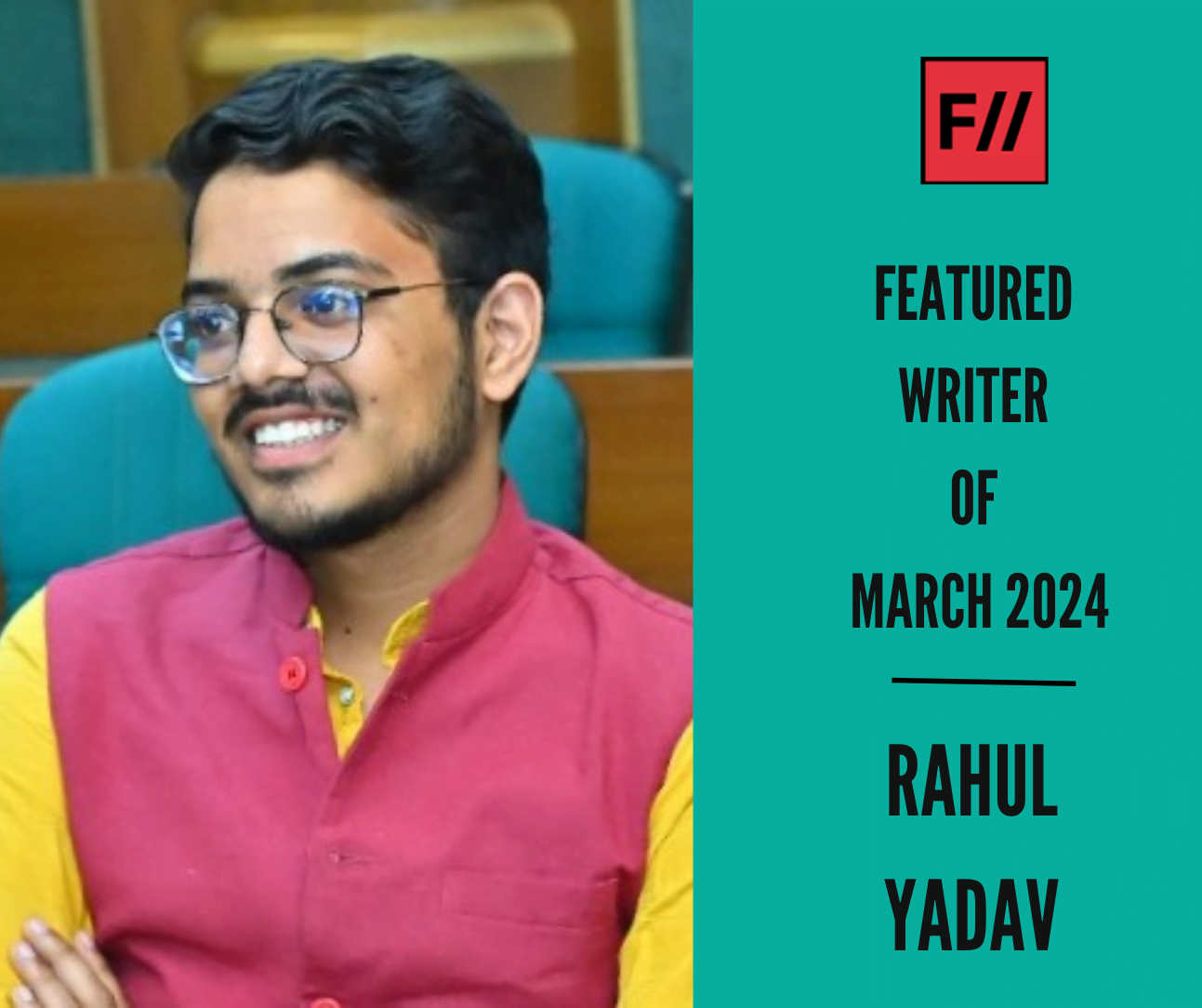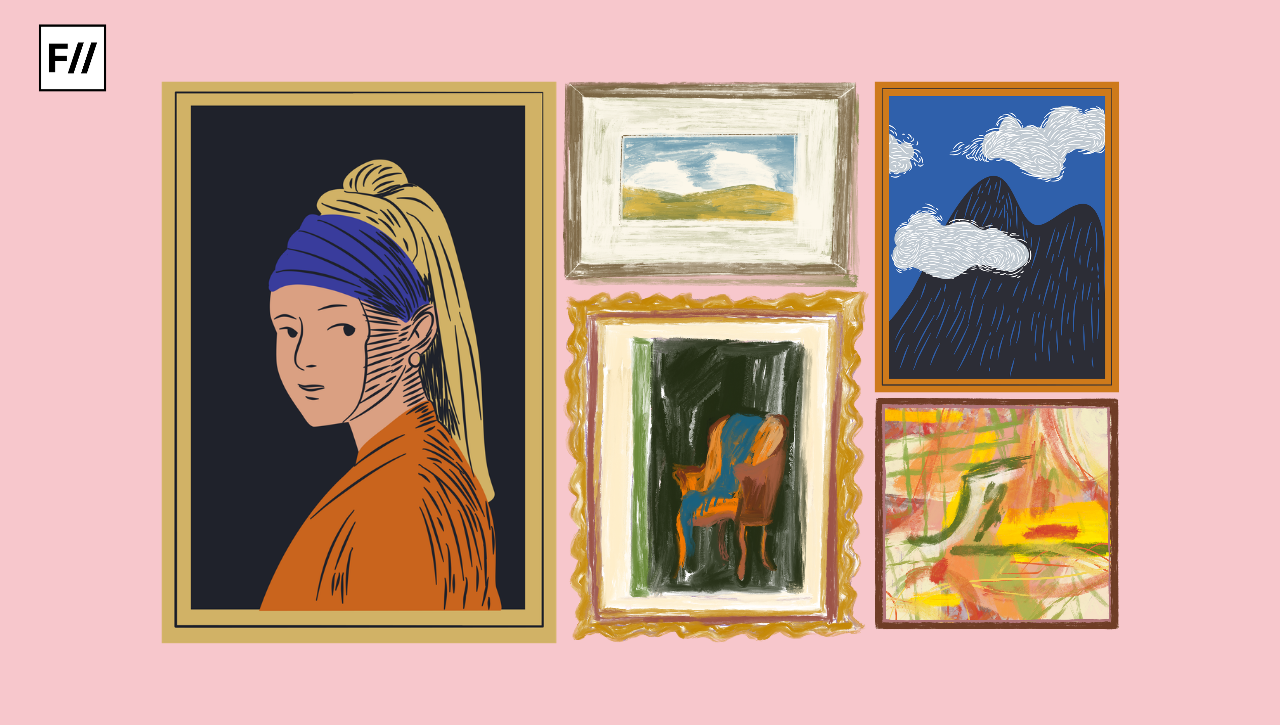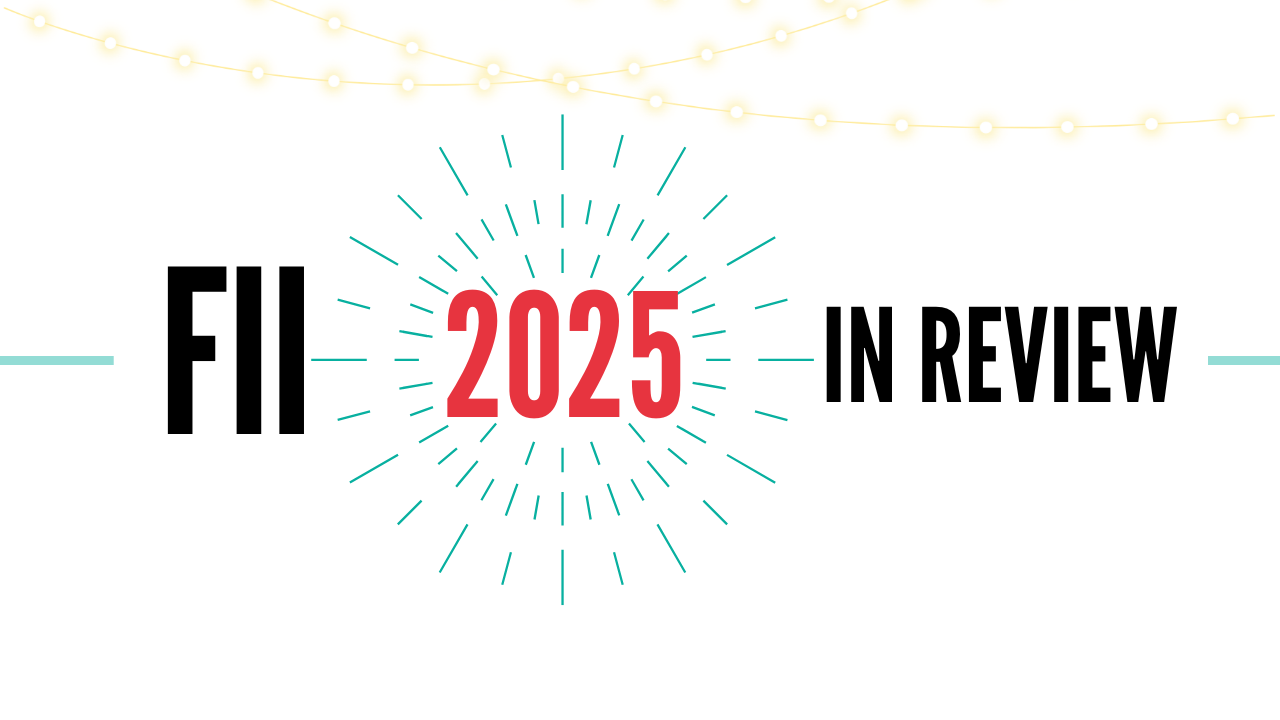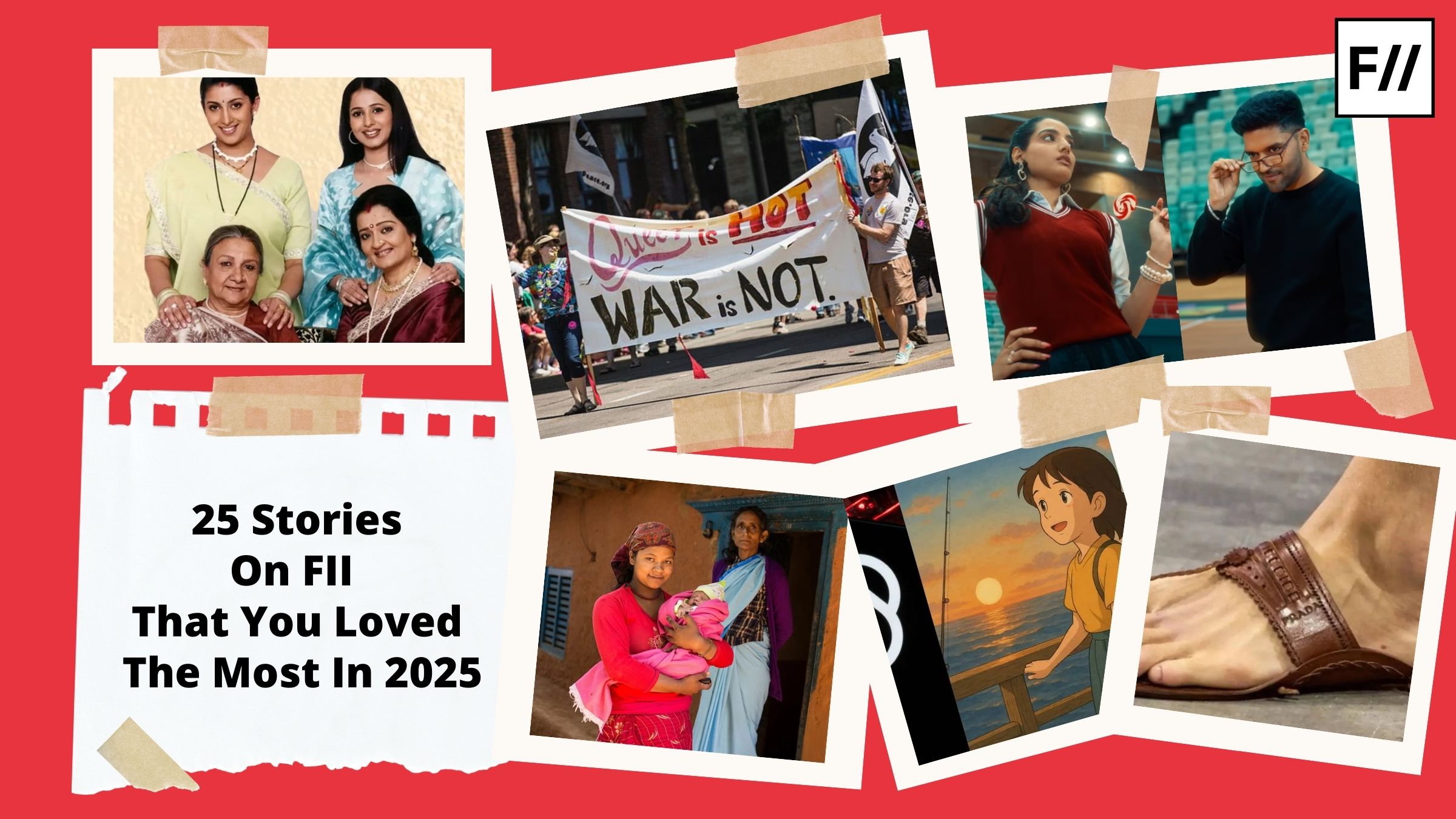We have been featuring the best writers from our writers’ community for their committed contribution to FII, making it what it is today. FII would not exist if not for the passionate and loyal feminist writers’ community that we have steadily been building over the last few years. This March, we feature Rahul Yadav.
Rahul Yadav is a master’s candidate at the Faculty of Social Sciences at South Asian University, New Delhi. He is a prolific writer, regularly contributing to various magazines and newspapers across South Asia. His diverse work spans publications like Feminism in India, The Republica, Prayas Magazine, Rajasthan Chowk etc. He is an avid reader of Hindi novels, poetry, and stories that capture the essence of everyday life. Through his writing, Yadav adopts a constructivist lens, critically examining the decisions made by those in power and their impact on the lives of ordinary citizens.
Some of Rahul’s popular articles include Why Is Sonam Wangchuk On A 21 Day Fast In Ladakh? and Crucifixion Of Gram Swaraj: The Death Of Lalit Beniwal among others.
FII: Tell us a little about yourself and what you do
I study International Relations at South Asian University. I grew up in a rural area of Rajasthan and then went on to study at a state university and an international university. This journey exposed me to many different environments and perspectives. It helped me become someone who can think critically, be inclusive of diverse viewpoints, and understand different contexts well.
I am really passionate about observing grassroots efforts for social change and understanding the socio-political landscape of Rajasthan. Writing, research, and public policy are areas I want to build my career in.
FII: How did you become part of the FII writer community?
During the Anna Hazare anti-corruption movement when I was in upper primary school, the news reporting on it piqued my interest in newspapers and I became a regular news reader. I was impressed by the investigative journalistic reports published at that time in Dainik Bhaskar and dreamed of working like those reporters.
After schooling in science, I did my BA in Political Science from Rajasthan University. But my passion led me to initiate efforts like ‘Talash‘, which was a platform for holding discussions on social issues by inviting prominent figures for dialogues and collaborative report writing. Eventually, I started ‘Prayas‘, the first Hindi magazine extensively covering Rajasthan’s socio-political issues.
As I started writing regularly, I came across Feminism in India (FII) which aims to amplify marginalised voices and concerns through digital storytelling. This attracted me to start writing with FII.
FII: When and how did you become a feminist?
My father is a Gram Sachiv (like the character in Panchayat web series) which meant our family frequently moved across Rajasthan’s villages. This allowed me to closely observe how intersecting identities of gender, caste and economic status determine a child’s life trajectory right from their schooling choices, it also contributes in widening economic disparities in society.
This inspired me to work towards reducing such inequalities in society stemming from intersectionality of various marginalities.
FII: Which feminist issues are closest to your heart?
Education is the foremost issue for me. In my two years at South Asian University, I haven’t met any girls from rural areas, or students from Scheduled Castes or Scheduled Tribes. Very few are from OBCs. This lack of inclusion in higher education and access to quality school education across all sections, even after 75 years of independence, is a prominent concern.
FII: What is your favourite piece on this site that you have written, and your favourite piece on this site that you have read? Why did they strike you?
My favourite story that I’ve written is The ERCP Protests: Water, Women And Politics In Rajasthan. As for my favorite read on FII, it is The Experiences Of Women In Conflict Zones Through The Lens Of Feminist Art.
For piece that I wrote on women’s role in the ERCP protest:
This story is my favourite because I got the opportunity to go into the field and experience the protests first-hand. Witnessing the pivotal role women were playing and hearing their perspectives directly was very powerful and moving.
For my favourite piece on FII that someone else wrote titled The Experiences Of Women In Conflict Zones Through The Lens Of Feminist Art:
The piece did an excellent job of highlighting how art can give voice to marginalised narratives that often get lost amidst dominant historical accounts of conflicts. The feminist lens brought a much-needed perspective on how conflicts disproportionately impact women.
FII: What do you like doing when not writing on gender and social justice?
I really enjoy reading Hindi poetry and novels. Interacting with progressive writers is something I love. But my most favourite thing is to simply take a general train ticket, travel to distant or tribal villages, which have not yet been explored much by the outside world, interact with the locals and try to understand life philosophies of these communities and cultural nuances.
FII: What do you like about FII and its work?
In today’s landscape where so many organisations and individuals are driven primarily by corporate interests, financial incentives or political gains – even if it means compromising core values – FII‘s unwavering commitment to its mission is incredibly refreshing and admirable. FII fearlessly uses its voice and platform to amplify issues and narratives that mainstream media often ignores or doesn’t cover sensitively.
FII: What more would you like to see from FII?
While FII has built a wonderful community of writers, activists and readers aligned with its mission, I would love to see it facilitate even more interaction and collaboration within this network.
FII thanks Rahul for his timely and valuable contributions. We are incredibly grateful to have Rahul as a part of our writers’ community and appreciate him for his deeply informative writing.
About the author(s)
Feminism In India is an award-winning digital intersectional feminist media organisation to learn, educate and develop a feminist sensibility and unravel the F-word among the youth in India.




